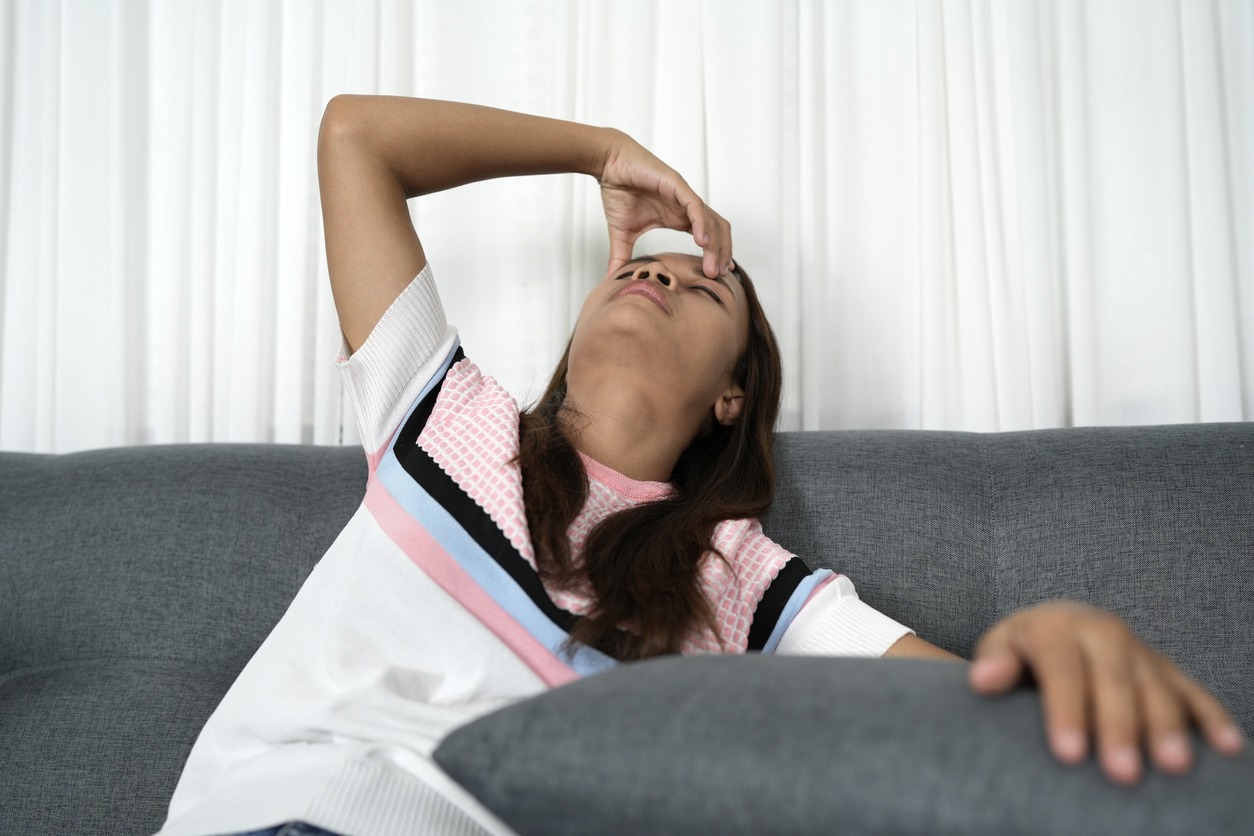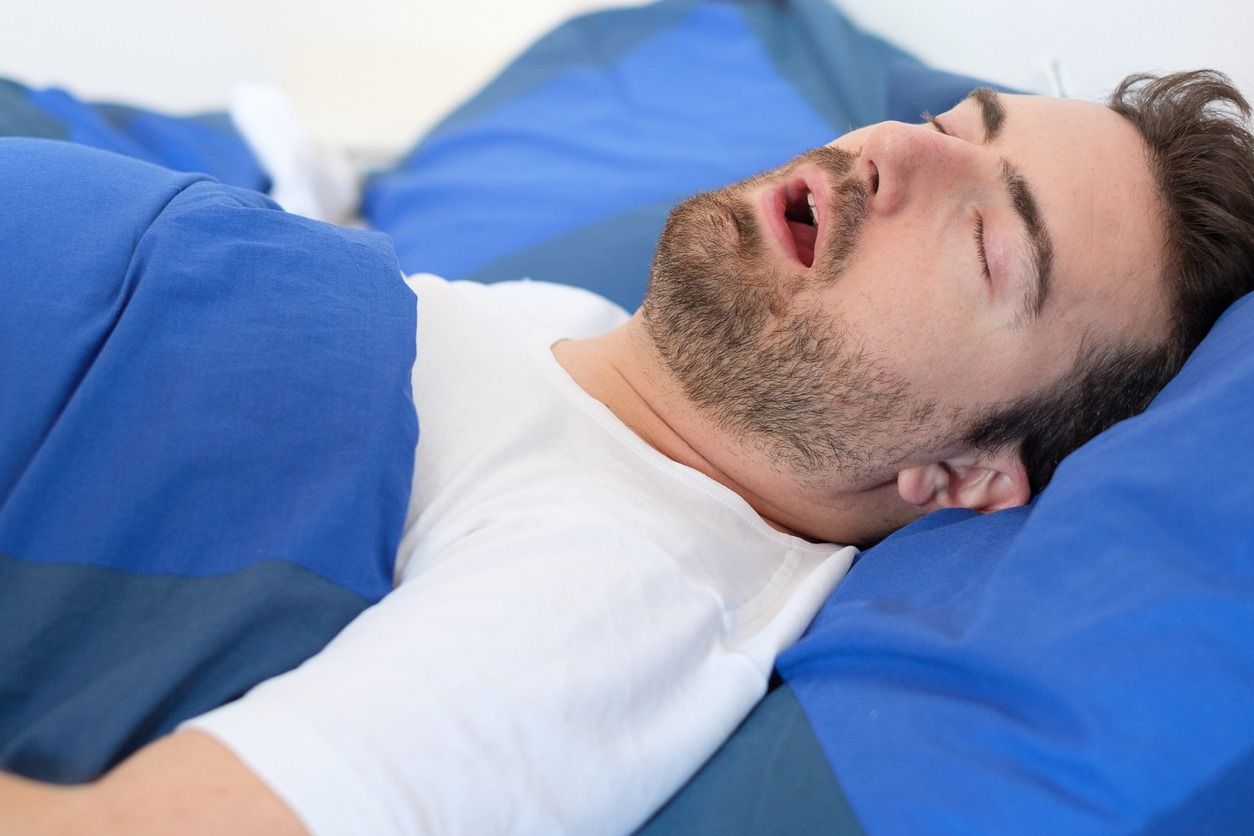What exactly is it, and what are the risk factors that increase your chances of having the condition? Read on to find out.
Every day, you learn something new about the importance of sleep and the effects of apnea the longer it persists. If you or your loved one is struggling with proper sleep and waking up feeling exhausted due to fatigue, it could be due to sleep apnea.
That condition can lead to various issues with your heart as well as diabetes, as well as behavioral problems for children. Ongoing research on sleep apnea reveals various risks, which helps in having knowledge on managing the risks. It is important to know what sleep apnea is though, and it will help in understanding the risks it has.
What is sleep apnea?
This is a very serious sleeping disorder, which happens when your breathing is interrupted as you sleep. You usually stop breathing at random points in your sleep, and this can even occur hundreds of times.
As the condition continues, the body and your brain will fail to get sufficient oxygen, which means you wake up in the morning feeling tired. In addition, you may start snoring or breathing through the mouth and wake up with a dry mouth in the morning as a result.
Sleep apnea is of two types; obstructive – the more common form that is due to the back of the throat closing because of soft tissue blocking the airway. The other form is central apnea, which is due to the brain failing to signal the muscles to control breathing and let the airways stay open, mostly because of instability in the respiratory control region of the brain.
Symptoms of sleep apnea
Sometimes, you notice that the signs of central and obstructive sleep apnea overlap, which may make it challenging to determine the specific one you are suffering from.
The most common symptoms include loud snoring, waking up with a dry mouth, momentarily stopping your breathing rhythm when you sleep (another person will likely notice this), gasping for air as you sleep, and waking up with a headache.
Additionally, there is also difficulty in concentrating when you are awake, hypersomnia (excess levels of daytime sleepiness), insomnia (challenges in trying to fall asleep), and irritability.
However, it is important to know that not all people that snore suffer from apnea, and not all people that have the condition snore. In case you wake up feeling excessively tired even after a long night’s sleep even after sleeping on a bear mattress, make sure to talk to your doctor about it, as this is not normal.
Factors increasing your chances of sleep apnea
Obesity
This is a major fact, especially in cases of obstructive sleep apnea. In fact, you may not know this, but an obese adult is seven times more likely to develop sleep apnea compared to a person of a normal range of weight.
This is due to the extra weight creating additionally mass tissue within the airway, and this makes the airway opening more constricted as time goes on. This should make you want to shed those extra pounds, for the sake of your health and sleep quality.
The circumference of your neck
If you have seen the physique of world-class bodybuilders, you might feel a little jealous because you feel you cannot bulk up like them. However, knowing the impact of neck circumference, this envy will be laid to rest.
When an individual is overly muscular, which is a common thing among professional athletes, their necks will tend to be thicker than the norm. This poses a problem for the circumference of the airways, as it works against it. In fact, this is very similar to what happens for obese people, as the extra mass tissue blocks the air opening of the throat and leads to sleep apnea.
A fact to remember though – when you are a man with neck perimeter of over 17 inches, or if you are a woman and have a one that is more than 15 inches, you have a higher risk of developing sleep apnea.
Your age
Even though the issue can affect a person of any age group including children, it is more common as you grow older. This is due to the loss of elasticity in the muscles keeping the airways open, and that includes the throat’s soft tissue – making the air passage more likely to collapse.
Your family history
Family history in terms of medical status can play a major role in the development of the condition, especially the obstructive type.
You may have certain physical features that you have inherited and have little control over, such as a side profile that indicates there is an incorrect chin to neck space ratio, or having a narrow jaw that indicates a smaller air passage. These factors might be indicators that you will develop sleep apnea.
The other factor would be a family member suffering from the condition, which means you have a chance of developing it as well.
Alcohol abuse
If you have ever been with a drunk person, you know the pain of trying to sleep next to them or near them – they have a tendency to snore loudly. The problem becomes worse the more they drink, unfortunately.
This is not far-fetched though, and your experience is not unique. Regardless of whether you have sleep apnea or you do not, alcohol is harmful in all cases. The substance is a depressant and will make the muscles relax – including those of your upper airways.
When the alcohol drinker already has sleep apnea, the substance makes the problem even worse. Alcohol and apnea never mix well.
Smoking habits
Another drug that increases your chances of developing the condition is tobacco and any other drug taken through smoking. Did you know that smokers are almost three times as likely to develop the condition compared to non-smokers?
The airway tissue is irritated because of the smoke, and this leads to inflammation and swelling, which makes the airways blocked.
Final thoughts
Sleep apnea is a condition that has not been understood completely, but it is getting there. It is important to understand the factors that lead to its development, so that you know how to avoid them as much as possible – and get better sleep, whether you use bear mattresses or not.


